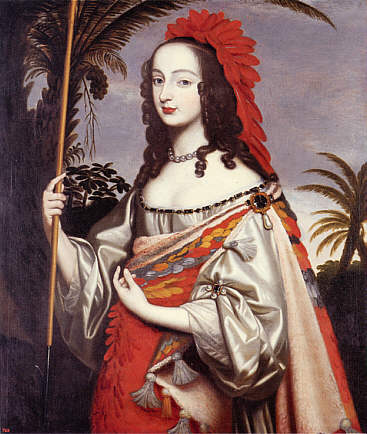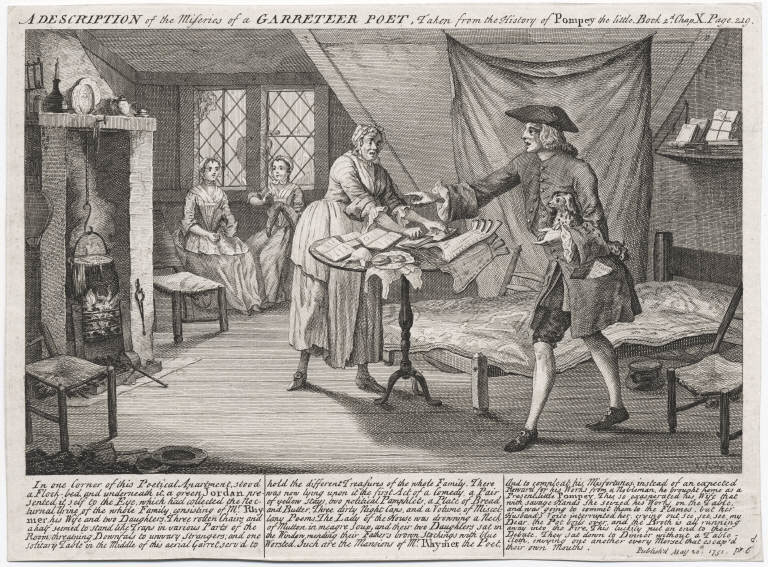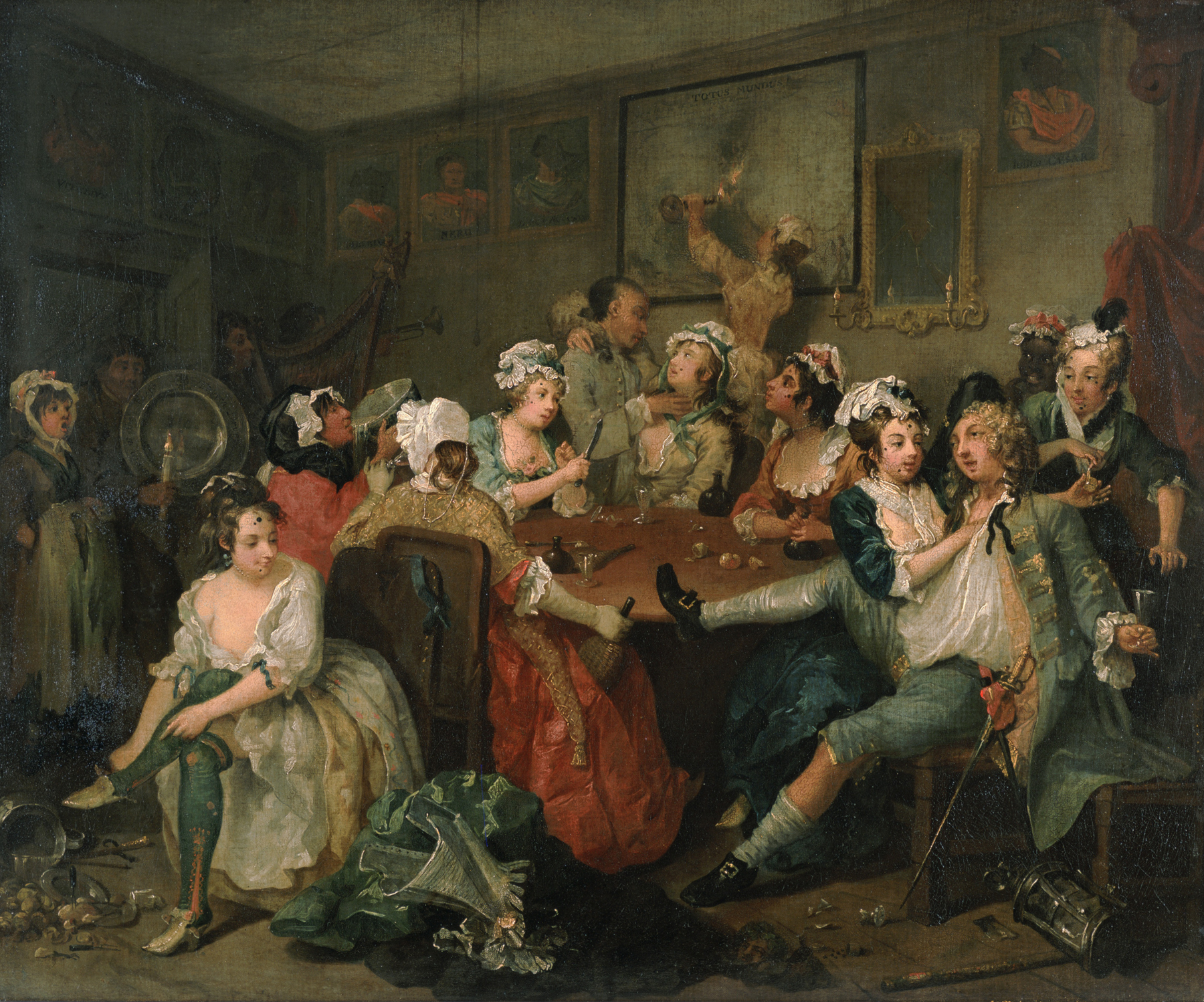|
Charles Gildon
Charles Gildon (c. 1665 – 1 January 1724), was an English hack writer who was, by turns, a translator, biographer, essayist, playwright, poet, author of fictional letters, fabulist, short story author, and critic. He provided the source for many lives of Restoration figures, although he appears to have propagated or invented numerous errors with them. He is remembered best as a target of Alexander Pope's in both '' Dunciad'' and the ''Epistle to Dr. Arbuthnot'' and an enemy of Jonathan Swift's. Gildon's biographies are, in many cases, the only biographies available, but they have nearly without exception been shown to have wholesale invention in them. Because of Pope's caricature of Gildon, but also because of the sheer volume and rapidity of his writings, Gildon has come to stand as the epitome of the hired pen and the literary opportunist. Biography Gildon was born in Gillingham, Dorset to a Roman Catholic family that had been active in support of the Royalist side durin ... [...More Info...] [...Related Items...] OR: [Wikipedia] [Google] [Baidu] |
Hack Writer
''Hack writer'' is a pejorative term for a writer who is paid to write low-quality, rushed articles or books "to order", often with a short deadline. In fiction writing, a hack writer is paid to quickly write sensational, "pulp" fiction such as "true crime" novels or " bodice ripping" paperbacks. In journalism, a hack writer is deemed to operate as a "mercenary" or "pen for hire", expressing their client's political opinions in pamphlets or newspaper articles. Hack writers are usually paid by the number of words in their book or article; as a result, hack writing has a reputation for quantity taking precedence over quality. History The term "hack writer" was first used in the 18th century, "when publishing was establishing itself as a business employing writers who could produce to order." The derivation of the term "hack" was a "shortening of hackney, which described a horse that was easy to ride and available for hire." In 1728, Alexander Pope wrote ''The Dunciad'', which was ... [...More Info...] [...Related Items...] OR: [Wikipedia] [Google] [Baidu] |
John Dryden
'' John Dryden (; – ) was an English poet, literary critic, translator, and playwright who in 1668 was appointed England's first Poet Laureate. He is seen as dominating the literary life of Restoration England to such a point that the period came to be known in literary circles as the Age of Dryden. Romanticist writer Sir Walter Scott called him "Glorious John". Early life Dryden was born in the village rectory of Aldwincle near Thrapston in Northamptonshire, where his maternal grandfather was the rector of All Saints. He was the eldest of fourteen children born to Erasmus Dryden and wife Mary Pickering, paternal grandson of Sir Erasmus Dryden, 1st Barone t (1553–1632), and wife Frances Wilkes, Puritan landowning gentry who supported the Puritan cause and Parliament. He was a second cousin once removed of Jonathan Swift. As a boy, Dryden lived in the nearby village of Titchmarsh, where it is likely that he received his first education. In 1644 he was sent to West ... [...More Info...] [...Related Items...] OR: [Wikipedia] [Google] [Baidu] |
Seditious Libel
Sedition and seditious libel were criminal offences under English common law, and are still criminal offences in Canada. Sedition is overt conduct, such as speech and organization, that is deemed by the legal authority to tend toward insurrection against the established order: if the statement is in writing or some other permanent form it is seditious libel. Libel denotes a printed form of communication such as writing or drawing. American scholar Leonard W. Levy argues that seditious libel "has always been an accordion-like concept, expandable or contractible at the whim of judges". England, Wales and Northern Ireland Under the common law of England, Wales and Northern Ireland, a statement was seditious under the common law if it brought into "hatred or contempt" either the Queen or her heirs, the government and constitution, either House of Parliament, or the administration of justice; or if it incited people to attempt to change any matter of Church or state established by ... [...More Info...] [...Related Items...] OR: [Wikipedia] [Google] [Baidu] |
Anne, Queen Of Great Britain
Anne (6 February 1665 – 1 August 1714) was Queen of England, Scotland and Ireland from 8 March 1702 until 1 May 1707. On 1 May 1707, under the Acts of Union, the kingdoms of England and Scotland united as a single sovereign state known as Great Britain. Anne continued to reign as Queen of Great Britain and Ireland until her death. Anne was born in the reign of Charles II to his younger brother and heir presumptive, James, whose suspected Roman Catholicism was unpopular in England. On Charles's instructions, Anne and her elder sister Mary were raised as Anglicans. Mary married their Dutch Protestant cousin, William III of Orange, in 1677, and Anne married Prince George of Denmark in 1683. On Charles's death in 1685, James succeeded to the throne, but just three years later he was deposed in the Glorious Revolution of 1688. Mary and William became joint monarchs. Although the sisters had been close, disagreements over Anne's finances, status, and choice of acquai ... [...More Info...] [...Related Items...] OR: [Wikipedia] [Google] [Baidu] |
Sophia Of The Palatinate
Sophia of Hanover (born Princess Sophia of the Palatinate; 14 October 1630 – 8 June 1714) was the Electress of Hanover by marriage to Elector Ernest Augustus and later the heiress presumptive to the thrones of England and Scotland (later Great Britain) and Ireland under the Act of Settlement 1701, as a granddaughter of James VI and I. Princess Sophia died less than two months before she would have become Queen of Great Britain. Consequently, her son (and grandson of Elizabeth Stuart, Queen of Bohemia) George I, succeeded her first cousin once removed, Queen Anne, to the British throne, and the succession to the throne has since been defined as, and composed entirely of, her legitimate and Protestant descendants. Sophia was born in 1630 to Frederick V of the Palatinate, a member of the House of Wittelsbach, and Elizabeth Stuart, daughter of King James VI and I. She grew up in the Dutch Republic, where her family had sought refuge after the sequestration of their Electorate ... [...More Info...] [...Related Items...] OR: [Wikipedia] [Google] [Baidu] |
British Whig Party
The Whigs were a political faction and then a political party in the Parliaments of England, Scotland, Ireland, Great Britain and the United Kingdom. Between the 1680s and the 1850s, the Whigs contested power with their rivals, the Tories. The Whigs merged into the new Liberal Party with the Peelites and Radicals in the 1850s, and other Whigs left the Liberal Party in 1886 to form the Liberal Unionist Party, which merged into the Liberals' rival, the modern day Conservative Party, in 1912. The Whigs began as a political faction that opposed absolute monarchy and Catholic Emancipation, supporting constitutional monarchism with a parliamentary system. They played a central role in the Glorious Revolution of 1688 and were the standing enemies of the Roman Catholic Stuart kings and pretenders. The period known as the Whig Supremacy (1714–1760) was enabled by the Hanoverian succession of George I in 1714 and the failure of the Jacobite rising of 1715 by Tory r ... [...More Info...] [...Related Items...] OR: [Wikipedia] [Google] [Baidu] |
Novel Of Circulation
The novel of circulation, otherwise known as the it-narrative, or object narrative, is a genre of novel common at one time in British literature, and follows the fortunes of an object, for example a coin, that is passed around between different owners. Sometimes, instead, it involves a pet or other domestic animal, as for example in Francis Coventry's ''The History of Pompey the Little'' (1751). This and other such works blended satire with the interest for contemporary readers of a ''roman à clef''. They also use objects such as hackney-carriages and bank-notes to interrogate what it meant to live in an increasingly mobile society, and to consider the effect of circulation on human relations. Examples *1709 Charles Gildon, ''The Golden Spy'' has been regarded by modern scholars as "the first, fully-fledged it-narrative in English". But for his contemporaries, it tends to be read as "a Menippean satire, a re-adaptation of Apuleius's ''The Golden Ass'' and a sequel to ''The New Me ... [...More Info...] [...Related Items...] OR: [Wikipedia] [Google] [Baidu] |
Anglicanism
Anglicanism is a Western Christian tradition that has developed from the practices, liturgy, and identity of the Church of England following the English Reformation, in the context of the Protestant Reformation in Europe. It is one of the largest branches of Christianity, with around 110 million adherents worldwide . Adherents of Anglicanism are called ''Anglicans''; they are also called ''Episcopalians'' in some countries. The majority of Anglicans are members of national or regional ecclesiastical provinces of the international Anglican Communion, which forms the third-largest Christian communion in the world, after the Roman Catholic Church and the Eastern Orthodox Church. These provinces are in full communion with the See of Canterbury and thus with the Archbishop of Canterbury, whom the communion refers to as its ''primus inter pares'' (Latin, 'first among equals'). The Archbishop calls the decennial Lambeth Conference, chairs the meeting of primates, and is th ... [...More Info...] [...Related Items...] OR: [Wikipedia] [Google] [Baidu] |
Blank Verse
Blank verse is poetry written with regular metrical but unrhymed lines, almost always in iambic pentameter. It has been described as "probably the most common and influential form that English poetry has taken since the 16th century", and Paul Fussell has estimated that "about three quarters of all English poetry is in blank verse". The first known use of blank verse in English was by Henry Howard, Earl of Surrey in his translation of the ''Æneid'' (composed c. 1540; published posthumously, 1554–1557). He may have been inspired by the Latin original since classical Latin verse did not use rhyme, or possibly he was inspired by Ancient Greek verse or the Italian verse form of '' versi sciolti'', both of which also did not use rhyme. The play '' Arden of Faversham'' (around 1590 by an unknown author) is a notable example of end-stopped blank verse. History of English blank verse The 1561 play '' Gorboduc'' by Thomas Norton and Thomas Sackville was the first Engli ... [...More Info...] [...Related Items...] OR: [Wikipedia] [Google] [Baidu] |
Thomas Rymer
Thomas Rymer (c. 1643 – 14 December 1713) was an English poet, critic, antiquary and historian. His lasting contribution was to compile and publish 16 volumes of the first edition of ''Foedera'', a work in 20 volumes conveying agreements between The Crown of England and foreign powers since 1101. He held the office of English Historiographer Royal from 1692 to 1714. He is credited with coining the phrase " poetic justice" in ''The Tragedies of the Last Age Consider'd'' (1678). Early life and education Thomas Rymer was born at Appleton Wiske, near Northallerton in the North Riding of Yorkshire in 1643, or possibly at Yafforth. He was the younger son of Ralph Rymer, lord of the manor of Brafferton in Yorkshire, said by Clarendon to possess a good estate. The son studied at Northallerton Grammar School, where he was a classmate of George Hickes. There he studied for eight years under Thomas Smelt, a noted Royalist. Aged 16, he went to study at Sidney Sussex College, Cam ... [...More Info...] [...Related Items...] OR: [Wikipedia] [Google] [Baidu] |
Charles Blount (deist)
Charles Blount (27 April 1654 – August 1693) was an English deist and philosopher who published several anonymous essays critical of the existing English order. Life Blount was born in Upper Holloway, Islington, Middlesex, the fourth son of Sir Henry Blount. His father educated him at home and exposed him to freethinking philosophy. In 1672 Charles inherited lands in Islington and the estate of Blount's Hall in Staffordshire. He married Eleanor Tyrrell in Westminster Abbey at the end of 1672; they had three sons and a daughter. Throughout his life he remained at Blount's Hall as a leisured gentleman, although he also travelled to London to participate in courtly life. Blount's publications were consistently anonymous or written under a pseudonym, and with a radical or Whig slant. In 1673 he wrote ''Mr Dreyden Vindicated'', defending John Dryden's '' The Conquest of Granada'' from Richard Leigh's attacks. In 1673 he also penned the anonymous ''The Friendly Vindicati ... [...More Info...] [...Related Items...] OR: [Wikipedia] [Google] [Baidu] |
Rake (character)
In a historical context, a rake (short for rakehell, analogous to " hellraiser") was a man who was habituated to immoral conduct, particularly womanizing. Often, a rake was also prodigal, wasting his (usually inherited) fortune on gambling, wine, women, and song, and incurring lavish debts in the process. Cad is a closely related term. Comparable terms are " libertine" and "debauchee". The Restoration rake was a carefree, witty, sexually irresistible aristocrat whose heyday was during the English Restoration period (1660–1688) at the court of King Charles II. They were typified by the "Merry Gang" of courtiers, who included as prominent members the John Wilmot; George Villiers; and Charles Sackville, who combined riotous living with intellectual pursuits and patronage of the arts. At this time the rake featured as a stock character in Restoration comedy. After the reign of Charles II, and especially after the Glorious Revolution of 1688, the cultural perception of th ... [...More Info...] [...Related Items...] OR: [Wikipedia] [Google] [Baidu] |





